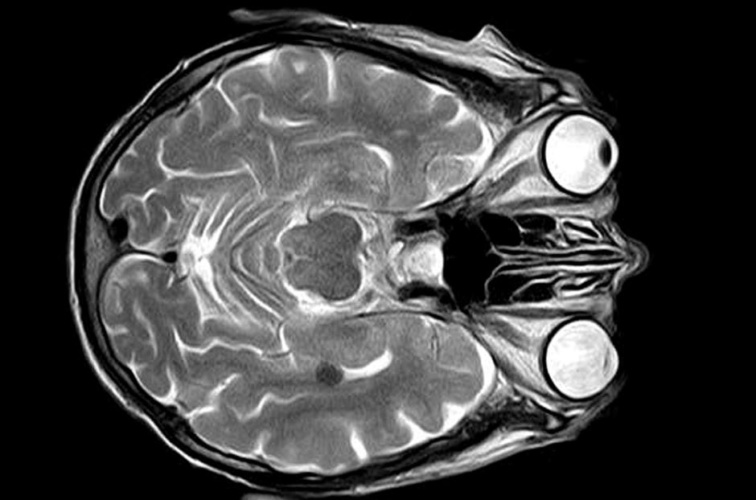
Development of the portable prototype scanner for brain MRI has been led by a team at Massachusetts General Hospital (MGH), whose findings are described in Nature Biomedical Engineering.
Low-cost OCT scanner promises to save eyesight
"Although MRI is the premier imaging modality for brain imaging, the purchase and installation of traditional high-field MRI scanners can be prohibitively expensive and difficult," said lead author Clarissa Zimmerman Cooley, PhD, an investigator in Radiology at MGH's Athinoula A. Martinos Center for Biomedical Imaging. "Even in a hospital where MRI scanners are available, there are cases where it may be too difficult or dangerous to transport the patient to scanner suites. The work in this paper was really motivated by this need for more accessible MRI."
Cooley and her colleagues designed and tested a portable prototype scanner for brain MRI that can be plugged into a standard outlet.
According to the team’s paper, the scanner uses a compact and lightweight permanent rare-earth magnet. A built-in readout field gradient reduces reliance on high-power gradient drivers, which lowers the overall requirements for power and cooling, and reduces acoustic noise.
The total weight of the full scanner system (including the magnet, coils, amplifiers, console and cart) is 230kg. If the standard equipment components are replaced with custom efficient lightweight designs, the total weight could be reduced to 160kg.
In healthy adult volunteers, the scanner is reported to have generated T1, T2, and proton density-weighted brain images with a spatial resolution of 2.2 × 1.3 × 6.8mm3, typically within 10 minutes.
"This type of technology could really extend the reach of MRI," Cooley said in a statement. "With some further development, this could allow truly point-of-care, bedside brain imaging for patients or scanning in remote locations, where MRI has traditionally been unavailable."




Nanogenerator consumes CO2 to generate electricity
Whoopee, they've solved how to keep a light on but not a lot else.